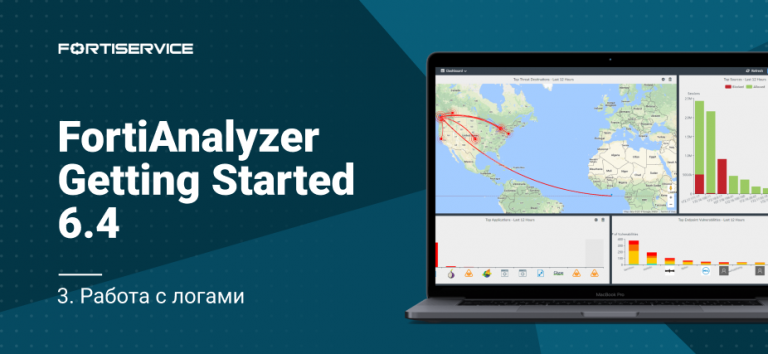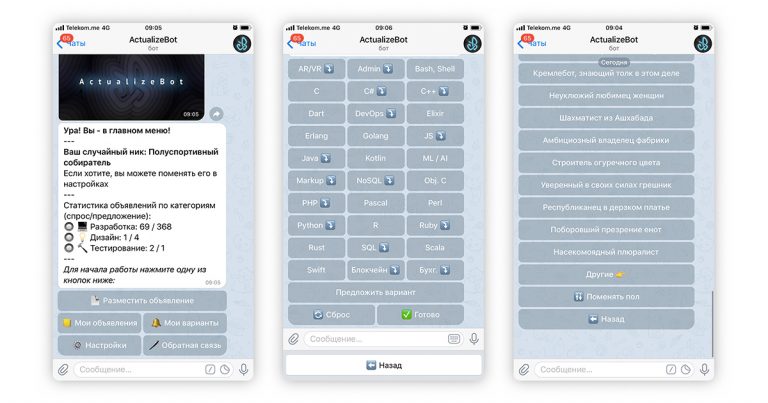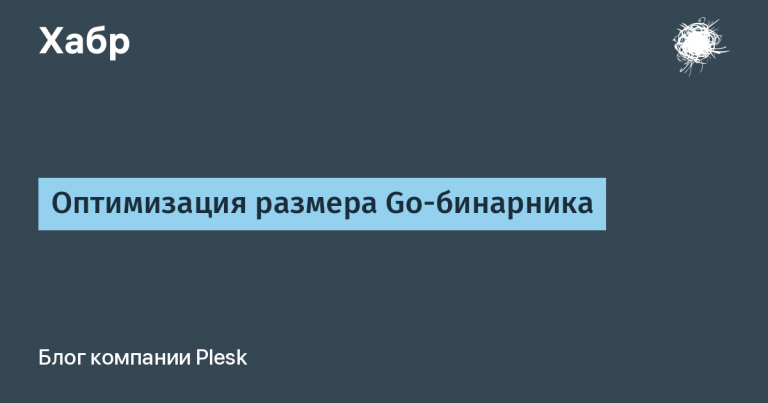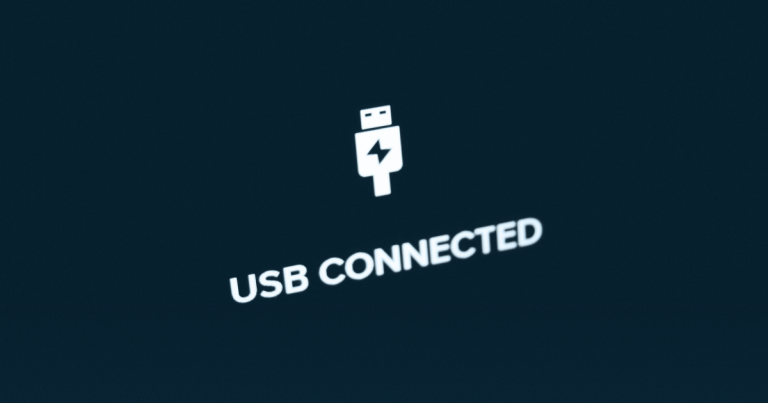About books and interviews
Recently I have been participating in interviews again from the interviewer's side. We ask seemingly not very complicated technical things. But many candidates, who rate themselves quite highly, “get stuck” on these questions, they lack depth, knowledge of the basics. I begin to wonder: what is the reason? The applicant has more than three to five years of experience, and a technical education, and management experience, but there is nothing to cling to.
I usually ask the question: from what sources do you get knowledge about new technologies in your field? The most common answer is video. Some people also read Telegram channels. No one mentions books. The argument is weak – video is the most convenient information channel for me. But, as it seems to me, a 10-20 minute video will not give the full range of knowledge. And reading is harder work than watching short videos. But this work is also more rewarding.
I usually read several books at the same time. And it's not just technical literature, although it currently occupies a large part of my reading circle. The hardest thing is to finish reading everything you've started; you need self-discipline. So as not to grab onto all the new stuff at once.
By the way, videos and online courses can be a good entry point into a technology or area of knowledge. But they must be supplemented with literature. When we read, we put more effort into the learning process, the more valuable the information we obtain.
Good publishers of technical literature, in my opinion: O'Reilly, Manning, Apress, Packt. I especially like the covers with rare species of animals and national costumes of the first two. Seriously, what is important is that the books of these publications almost always have reviewers and scientific editors from the field of technology discussed in the text. This inspires trust. In addition, among the authors are people who themselves are developers of the standards by which you and I write software. You have to look for this in videos on YouTube!
Of course, we learn the newest and most relevant things from the documentation. On the other hand, although the information there is structured, it is better to use it not for training, but as a reference. There is no connection, metaphor, “plot” in technical documentation. Therefore, I think a fresh book will better help you get used to and understand how and what works in your favorite framework under the hood. In general, I am suspicious of titles that contain something like “for dummies” or “quickly”. But recently, for example, I enjoyed reading “React Fast” by Azat Mardan and Morten Barklund. If our applicants had read this book before interviews, they would have solved all the proposed tasks without any problems.
You can also simply enjoy reading technical literature! I remember how I was inspired by the books of Tanenbaum and Stroustrup when I was first learning programming. It's amazing how you can write about computer architecture in a humorous and entertaining way. While reading, I even wrote a program in which you could make more complex circuits from transistors. However, later I found ready-made solutions with a great graphical interface on the Internet. In general, don't give up reading!





